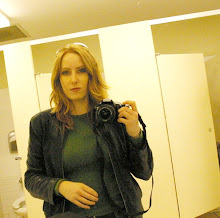 對酒當歌,人生幾何?
對酒當歌,人生幾何?I lift my drink and sing a song,
for who knows if life is short or long?
譬如朝露,去日苦多。
Man’s life is but the morning dew,
past days many, future ones few.
慨當以慷,憂思難忘。
The melancholy my heart begets,
comes from cares I cannot forget.;
何以解憂?唯有杜康。
What can unravel these woes of mine?
I know but one drink – Du Kang Wine.
According to the Zhengzhou Evening News, a newspaper based in Zhengzhou, capital city of Henan Province: in addition to the artifacts recovered from the site, archeologists also discovered human bones which are believed to belong to three persons. Among them, one is believed to be a male who was in his sixties, which is consistent with the historical chronicle of Cao's death at 66. This assumption is also confirmed by multiple inscriptions found in the grave with Cao's temple name The Invincible King of Wei (魏武王).
Wang Liqun, a historian who attended yesterday's media conference held in Beijing about the excavation, said that he was hopeful that by examining the recovered skull, the scientists would pinpoint the cause of Cao's headache which supposedly propelled him to kill his doctors and eventually led to his own death.
Painting by Li Ying-Lai

0 comments:
Post a Comment